Something strange is happening in the communications world. Everyone's talking about authenticity, but somehow, everything feels more manufactured than ever. Brands are hiring authenticity consultants to help them be more genuine. Influencers are crafting spontaneous content. CEOs are taking courses on vulnerable leadership.
As someone who's been helping organizations find their voice since 2004, I'm watching an authenticity arms race unfold—and it's creating some fascinating contradictions.
The push for authentic communication started as a response to overly polished, corporate messaging that audiences were rejecting. People wanted real stories, honest mistakes, and genuine personality from the brands they supported. This was a good thing—it forced organizations to drop the corporate speak and connect more humanly with their audiences.
But somewhere along the way, authenticity became a marketing strategy rather than a communication philosophy. Now I see brands carefully scripting their "unscripted" moments and workshopping their vulnerability.
Here's what's making authentic communication harder: audiences are now sophisticated consumers of authenticity itself. They can spot performed genuineness as easily as they once spotted obvious PR spin. Maybe more easily.
This creates a paradox for communicators. The more deliberately we try to be authentic, the less authentic we appear. The more we study what makes communication feel genuine, the more strategic our genuineness becomes.
I've seen this play out with Austin startups trying to nail that perfect founder story—the carefully crafted narrative of struggle and breakthrough that feels both personal and inspirational. The best founder stories I've helped develop weren't planned at all. They emerged from conversations about what actually happened, not what would sound good in a press interview.
The solution isn't to abandon authentic communication—it's to stop treating it as a tactic and start treating it as a practice. Real authenticity comes from organizational self-awareness, not communication strategy.
This means understanding not just what story you want to tell, but why you're telling it. It means being comfortable with the parts of your narrative that aren't perfectly polished. And it means accepting that authentic communication sometimes means saying things that aren't optimally strategic.
The brands that will win the authenticity arms race are those that stop trying to win it. They'll focus on being genuinely useful, honestly helpful, and transparently human. Everything else is just performance.
In a world where everyone's trying too hard to be real, the most authentic thing you can do is stop trying to be authentic and start trying to be helpful.
